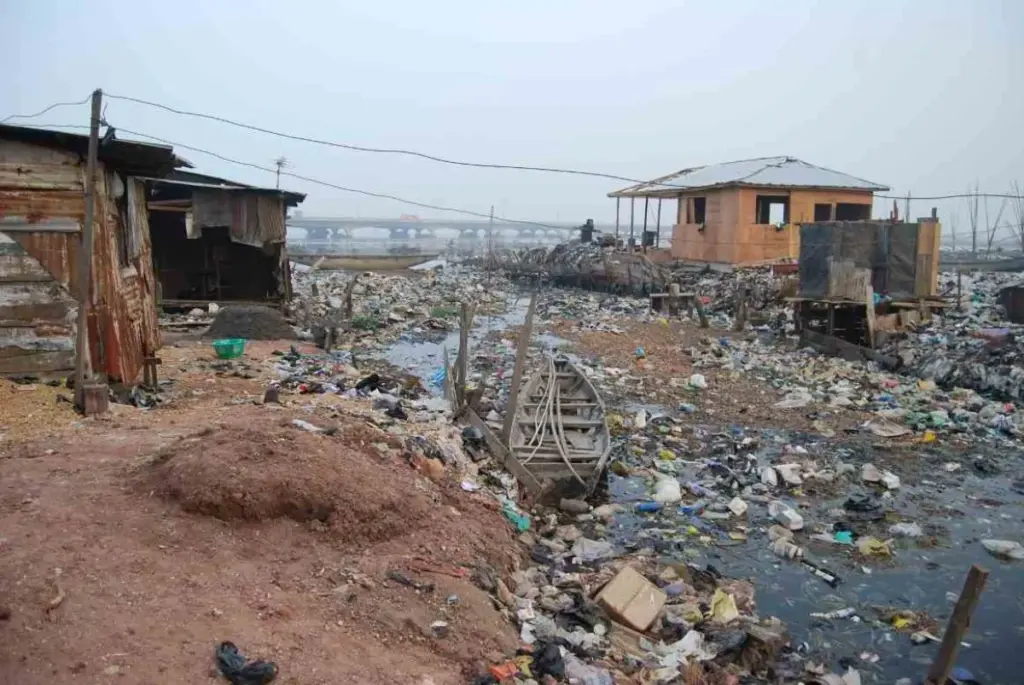Poor sanitation associated with quality of water costs Nigeria’s economy an estimated N455 billion every year, Nestle Nigeria said on Wednesday.
Referencing 2024 research data from Corporate Accountability and Public Participation Africa (CAPTA), the food beverage firm said more than 113 million Nigerians lack access to safe drinking water.
The occasion was a Nestle quality advocacy – launch agenda, a Nestle/ Ops wash initiative aimed to raise awareness about the importance of water quality for overall health and well-being of individuals, families and communities.
Speaking , Communications/ Public Affairs and Sustainability Lead at Nestle Nigeria, Mrs Victoria Uwadoka, said an estimated 87,000 children under five die annually from diarrhea linked directly to inadequate water, sanitation, and hygiene.
“Broader studies suggest that over 70,000 lives are lost each year to waterborne diseases. Poor sanitation costs the economy an estimated N455 billion every year, straining families and institutions alike. “So,you see, Water Quality is not just a technical or policy issue, it is about basic needs, human dignity and socio-economic sustainability. In Nigeria, we have long-held beliefs around water.
One is ‘water is life,’ and the other is ‘water no get enemy,’ popularised by the musical icon, Fela RansomeKuti. Ladies and gentlemen, I think we can agree that ‘only quality water is life’ and that unsafe water is a real enemy to health and wellbeing,” she said. She said Nestlé and the OPS-WASH conceived the Quality Water Advocacy Campaign to create awareness and to catalyse action to address the water quality challenges.
“Our objective is clear: to close the knowledge gap on water quality and safety, a topic that is not discussed often enough despite its supreme importance.
The advocacy campaign is not just about Nestle Nigeria, it is about all the stakeholders gathered in this room today. The change we need requires multi-sectoral action.
Each of us, government, industry, media, academia, civil society and indeed every individual has a role to play,” she said. Giving insights on the modalities for advocacy campaign, she said the campaign would leverage various channels to equip people with the information they need to improve the quality of the water they use within their homes and their communities.
Earlier, a representative of the Minister of Water Resources and Sanitation, a Director in the ministry, Mrs. Elizabeth Ugoh, emphasised on the importance of access to safe water, saying without it, progress toward sustainable development remained incomplete.















